How Anthony Albanese and Labor have performed since the federal election
Anthony Albanese made some big promises before the May federal election. See where Labor has delivered so far.
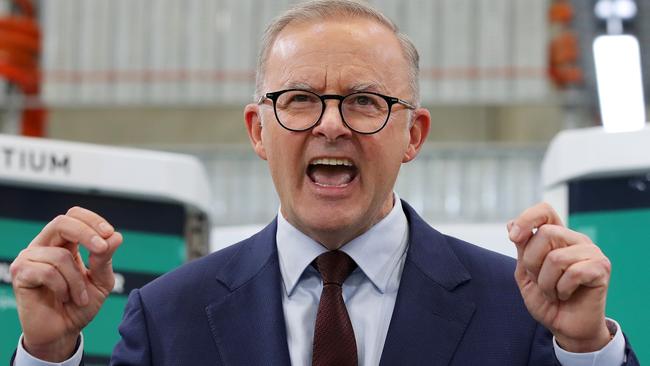
News
Don't miss out on the headlines from News. Followed categories will be added to My News.
Anthony Albanese talked a big game in the lead-up to the May federal election with voters backing the government’s ambitious policies.
In his first 100 days as Prime Minister, the Albanese government supported a pay rise for 2.8 million workers, enshrined its commitment to slash emissions by 43 per cent come 2030 and reach net-zero by 2050.
The pace has continued with the Labor government passing 61 bills in its first six months in office.
This is the most government legislation passed in the first 30 sitting days of a new parliament since 2013.
Here are the key promises Labor made at the election and whether they have delivered them yet.

HOUSING (work in progress)
Labor made a start on its housing policy by including an initial $350m over five years to deliver 10,000 energy efficient affordable homes under its new Housing Accord.
It also committed to 30,000 new social and affordable housing nationwide over five years through its $10bn Housing Australia Future Fund.
But its promise to contribute up to 40 per cent of the purchase price of a new home for 10,000 Australians a year under its Help to Buy scheme has barely been mentioned.
The policy would enable people to access a home loan with a 2 per cent deposit, with the government having an ownership stake in the property.

CHILDCARE (pass)
Labor did not give in to pressure to fast-track its plan to raise childcare subsidies to 90 per cent for low-income earners, which will come into effect in July after legislation was passed last year.
A consumer watchdog inquiry to design a price regulation mechanism, and a Productivity Commission inquiry into the system will not kick off until 2023.
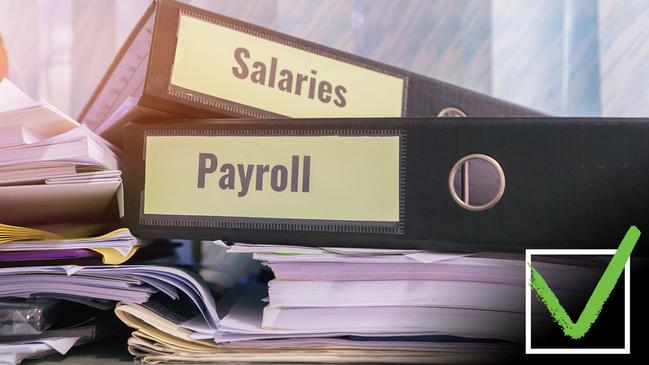
WAGES (pass)
Anthony Albanese says he would “absolutely” support Australia’s lowest-paid workers getting a 5.1 per cent pay increase.
The federal government did put in a submission to the Fair Work Commission but it did not specify a specific percentage.
Luckily, the Fair Work Commission in June announced a minimum wage rise of 5.2 per cent rise.
Labor also promised to get wages moving again. So far, they have increased 3.1 per cent in the year to September.
But real wages continue to go backwards with inflation hitting 7.3 per cent during the same period.

HEALTHCARE (pass)
Labor promised to match the Coalition’s Seniors Health Card expansion and went further on the PBS, committing to lower the cost of prescriptions by $12.50.
The latter measure would deliver users an annual saving of up to $150.
The legislation passed in October and people began getting cheaper medicine from January 1.
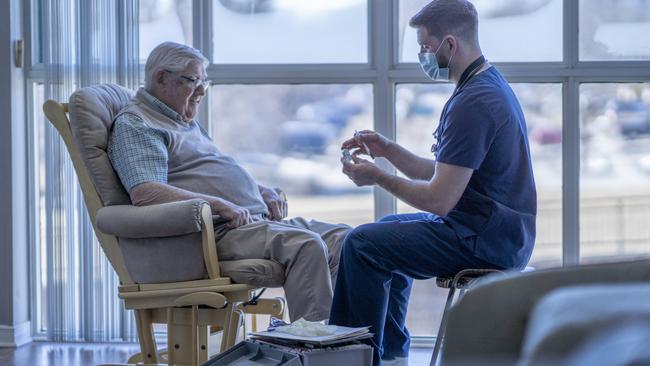
AGED CARE (work in progress)
Labor announced a $3.9bn reform package in the federal budget which included $5m to improve food standards.
It also passed legislation to ensure aged care residents have a nurse on site 24/7 by July 2023, get a minimum of 200 minutes of care a day by October the same year and 215 minutes by October 2024.
But there are still concerns about how the workforce component will be met amid shortages.
The federal government also backed a wage rise for aged care workers, which the Fair Work Commission ruled at an interim 15 per cent.
However, it wants that phased in over 18 months from July 2023 sparking anger from providers.
In-home care reforms due to come into effect in 2023 under the Coalition will not come in until 2024 following concerns it was being rushed.
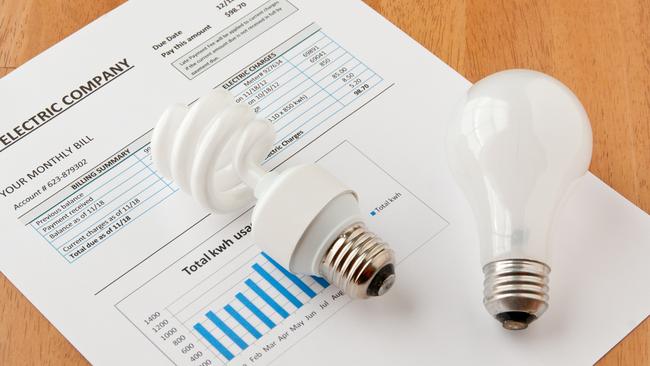
ELECTRICITY (work in progress)
Even after the war in Ukraine kicked off, the Albanese government at the election maintained its promise that households would have their power bills slashed by $275 a year by 2025 as a result of its clean-energy policies.
It refused to offer handouts to help with price hikes in its October budget, which predicted prices would soar by 56 per cent over the next two years.
But in mid December it passed a bill to intervene in the energy market, allocating $1.5bn for direct bill relief to lower income households in 2023.
TAXES (pass)
Despite testing the waters on changes to the legislated stage three tax cuts, Labor has kept to its promise to keep the changes.
Its one reform, aimed at cracking down on multinational tax avoidance, has also gone out for consultation.
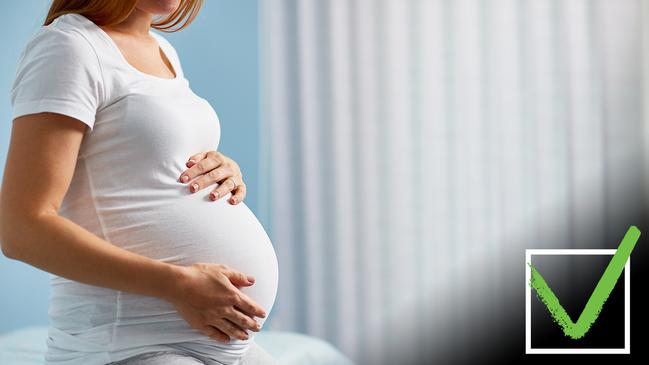
WOMEN (pass)
Aged care workers were in November awarded a 15 per cent interim pay rise, which the government committed to fund, after promising to advocate through the Fair Work Commission to raise wages in the care industry.
The government also passed legislation for 10 days of family and domestic violence leave, as well as implement all 55 recommendations of the Respect@Work report and appointed a new Family, Domestic and Sexual Violence Commissioner.
NDIS (work in progress)
Labor has started work across all parts of its six-point plan to improve the NDIS which included boosting staffing levels, putting more disabled people on the board of the National Disability Insurance Agency and fixing regional access.
Boosting efficiency and reducing wasteful administrative expenses have been some areas of key focus, with the government implementing measures to fast-track access to services by cutting red tape, a crackdown on fraud, as well as overhaul the dispute resolution process for people appealing changes to their plans.
Paralympian Kurt Fearnley was also appointed to chair the NDIA board.

NATIONAL SECURITY (fail)
Labor fell just under its commitment to keep defence spending above 2 per cent of GDP, with spending in its October budget sitting at 1.96 per cent.
The defence budget is expected to rise over 2 per cent over the forward estimates with decisions about a number of key acquisitions due to be made.
A review of defence department spending is due to be handed down in early 2023 after Labor pledged to spend money more effectively.
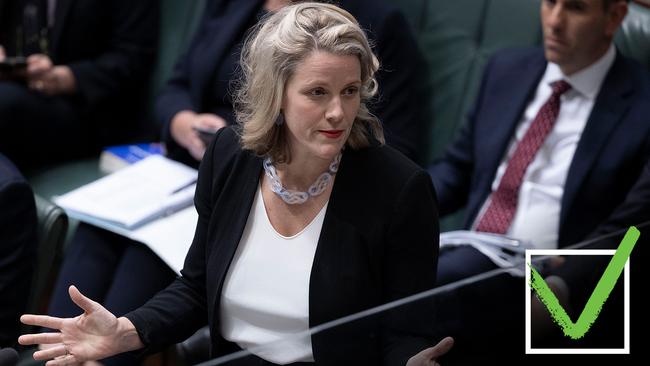
FOREIGN AFFAIRS (pass)
Labor went to the election promising a “soft power” approach and so far it seems to be working, with Australia making steps to repair fractures with its Pacific neighbours, as well as China.
JOBS & TRAINING (pass)
Labor has announced 180,000 of its 465,000 fee-free TAFE places for students studying in industries with skills shortages next year.
It also got key industries and stakeholders around the table at its jobs and skills summit.
ENVIRONMENT (pass)
Some of the first laws Labor passed included enshrining its commitment to net zero emissions by 2050, as well as its 2030 goal of 43 per cent reduction.


